Introduction: A Multifaceted Talent
Maulik Pancholy is a name that resonates across television screens, audiobook platforms, and bookshelves. Known for his roles as Jonathan in the hit sitcom 30 Rock and the lovable Baljeet Tjinder in Disney’s Phineas and Ferb, Pancholy has carved a unique space in the entertainment industry. Beyond acting, he has emerged as a powerful voice in literature and podcasting, particularly through his debut novel, The Best at It, and his Audible Original podcast, Murder at the Patel Motel. His work centers on authentic representation, particularly for the LGBTQ+ and Indian American communities, weaving narratives that are both deeply personal and universally relatable.
Pancholy’s journey is one of resilience, creativity, and advocacy. From grappling with his identity as a gay Indian American child to challenging societal norms through his art, he has become a beacon of hope for those navigating similar paths. This expanded exploration delves into his life, his contributions to media, and the cultural and historical contexts that shape his work, offering a comprehensive look at his impact during Pride Month and beyond.
Childhood Struggles: The Challenge of Self-Acceptance
A Silent Struggle
Growing up in the United States as an Indian American in the 1980s and 1990s, Maulik Pancholy faced a complex web of cultural expectations and societal pressures. At the age of 12, he found himself unable to articulate his identity as a gay individual. “When I was 12, I didn’t know how to say, ‘I’m gay,’ because I didn’t really know a single openly gay person,” Pancholy recalled in a conversation with ANI. The absence of visible role models left him feeling isolated, a sentiment compounded by media portrayals that often framed being gay as something shameful or secretive.
This lack of representation was not unique to Pancholy’s experience. During the late 20th century, mainstream media in the United States rarely depicted LGBTQ+ individuals in a positive light. Shows like Ellen (which featured Ellen DeGeneres coming out in 1997) and Will & Grace (premiering in 1998) were still years away, and even then, they faced significant backlash. For a young Indian American navigating both his cultural heritage and his sexual orientation, the absence of affirming narratives created a profound sense of alienation.
Cultural Context: The Indian American Experience
Pancholy’s struggle was further complicated by his Indian American heritage. The Indian diaspora in the United States, which began growing significantly after the Immigration and Nationality Act of 1965, often faced pressure to assimilate while maintaining traditional values. For many first- and second-generation Indian Americans, cultural expectations around family, marriage, and community could feel at odds with personal identity exploration, particularly for those identifying as LGBTQ+. The concept of “coming out” was not always readily understood or accepted in traditional Indian households, where arranged marriages and heteronormative family structures were often the norm.
Pancholy’s experience reflects a broader tension within the South Asian diaspora. According to a 2019 report by the Williams Institute, South Asian LGBTQ+ individuals in the U.S. often face unique challenges, including familial rejection and cultural stigma, which can delay or complicate the process of self-acceptance. For Pancholy, the lack of language to express his identity as a child underscores the importance of visibility and storytelling in creating pathways for others.
Breaking Barriers Through Storytelling
The Best at It: A Novel of Self-Discovery
In 2019, Pancholy published his debut novel, The Best at It, a middle-grade book that follows Rahul Kapoor, a 12-year-old Indian American boy grappling with his identity, including his emerging feelings for another boy. The novel, critically acclaimed for its heartfelt narrative and authentic portrayal of cultural and sexual identity, marked a significant milestone in children’s literature. It offered young readers a mirror for their own experiences and a window into the lives of others, fostering empathy and understanding.
The significance of The Best at It lies in its rarity. While children’s literature has become more inclusive in recent decades, stories centering gay South Asian characters remain underrepresented. Pancholy’s novel draws from his own experiences, providing a narrative that he wished he had access to as a child. “I’m trying to rewrite that narrative and let people know that it’s okay actually to be exactly who you are,” he shared, emphasizing the power of storytelling to affirm identity.
However, the book faced challenges, including being banned in some U.S. school districts. In 2024, a school publicly attempted to prevent Pancholy from visiting to discuss the novel, citing its LGBTQ+ themes. Such bans reflect a broader wave of book challenges in the United States, with the American Library Association reporting over 1,200 demands to censor library books in 2023 alone, many targeting works with LGBTQ+ or racial themes. Despite these setbacks, Pancholy remains committed to advocating for inclusive literature, viewing such resistance as evidence of the ongoing need for his work.
Murder at the Patel Motel: A Cultural Comedy
Pancholy’s creative output extends beyond the page to the audio realm with his Audible Original podcast, Murder at the Patel Motel. This scripted comedy, written by and starring Pancholy alongside talents like Poorna Jagannathan, Karan Soni, Murray Bartlett, Margo Martindale, and Anna Camp, blends humor with a murder mystery set in an Indian American family-run motel. The podcast is a love letter to the Indian American community, specifically highlighting the phenomenon of “Patel motels.”
In the United States, approximately 50% of motels are owned by Indian Americans, with a significant portion bearing the surname Patel. This trend began in the 1970s when Gujarati immigrants, particularly from the Patel community, started purchasing motels as a pathway to economic stability. Often referred to as the “Patel motel cartel” in jest, these business owners have become a powerful force in the hospitality industry, forming one of the largest lobbying groups in the sector. Pancholy saw this cultural nuance as a rich backdrop for storytelling, noting, “I thought the outside of a Patel motel would be just such a perfect place to set some kind of story.”
The podcast centers a gay Indian American protagonist, a deliberate choice to amplify underrepresented voices. The story explores themes of family dynamics, cultural identity, and confronting one’s past, all wrapped in a comedic, Agatha Christie-style mystery. “I’ve always been really interested in this idea of what it’s like to run away from your past and then have to go back and face it,” Pancholy explained. The humor, he added, is a natural extension of his comedic roots, making the podcast both entertaining and poignant.
The choice of a comedy murder mystery genre also reflects a broader trend in media. Shows like Pushing Daisies and Death in Paradise have popularized the blend of humor and mystery, appealing to audiences seeking lighthearted yet engaging narratives. By situating his story within this genre, Pancholy ensures accessibility while tackling complex themes, making Murder at the Patel Motel a significant contribution to diverse storytelling.
Pride Month and the LGBTQ+ Community
A Celebration of Visibility
Pride Month, celebrated annually in June, honors the contributions and resilience of the LGBTQ+ community. Its origins trace back to the Stonewall Riots of 1969, a series of protests in New York City that marked a turning point in the fight for LGBTQ+ rights. Today, Pride Month is a global celebration, with parades, festivals, and events that highlight both progress and ongoing challenges.
For Pancholy, Pride Month is a time to reflect on how far the LGBTQ+ community has come. “I think a hundred percent things have gotten so much better,” he noted, pointing to increased visibility and support networks. The rise of organizations like The Trevor Project and GLAAD, along with greater representation in media, has created more spaces for individuals to find community and affirmation. Shows like Queer Eye, Pose, and Heartstopper have brought diverse queer stories to mainstream audiences, a stark contrast to the limited portrayals of Pancholy’s childhood.
Ongoing Challenges
Despite progress, challenges persist. In the United States, anti-LGBTQ+ legislation, such as bans on gender-affirming care and restrictions on teaching gender and sexuality in schools, has surged in recent years. The Human Rights Campaign reported over 500 such bills introduced in 2024 alone. Internationally, setbacks like the Indian Supreme Court’s 2023 decision not to legalize same-sex marriage highlight the global nature of the struggle. Pancholy expressed disappointment at this ruling, emphasizing the need to continue telling queer stories to humanize the community. “We’re just people like everybody else,” he said, advocating for narratives that normalize diverse identities.
Pancholy’s own experiences with book bans underscore these challenges. The censorship of The Best at It reflects a broader cultural debate about what stories are deemed “appropriate” for young audiences. Yet, such resistance only fuels Pancholy’s determination to amplify marginalized voices, particularly those at the intersection of queerness and cultural heritage.
Representation in Entertainment: Progress and Possibilities
Evolution of LGBTQ+ Portrayals
The entertainment industry has made strides in representing the LGBTQ+ community, but as Pancholy noted, “We could be doing more, and we have a long way to go.” The 1990s and early 2000s saw incremental progress with characters like Willow Rosenberg in Buffy the Vampire Slayer and Jack McPhee in Dawson’s Creek. However, these portrayals often focused on white characters, leaving limited room for intersectional identities.
Today, shows like Schitt’s Creek and RuPaul’s Drag Race celebrate queer joy, while films like Everything Everywhere All At Once explore cultural and queer intersections. South Asian representation has also grown, with actors like Kal Penn and Mindy Kaling breaking barriers. Yet, gay South Asian characters remain rare, making Pancholy’s work in The Best at It and Murder at the Patel Motel particularly groundbreaking.
Pancholy’s Contributions to Comedy and Animation
Pancholy’s comedic talents shine in his role as Baljeet Tjinder in Phineas and Ferb, a Disney animated series that debuted in 2008 and continues to captivate audiences. “Playing Baljeet on Phineas and Ferb is such a gift,” he shared, noting the show’s unique appeal to both children and adults. Created by Dan Povenmire and Jeff “Swampy” Marsh, the series blends clever humor with heartfelt storytelling, earning a dedicated fanbase across generations.
Baljeet, a nerdy yet endearing character, represents a positive portrayal of Indian American identity in children’s media. The show’s longevity—its fifth season premiered in 2025—speaks to its cultural impact, with fans approaching Pancholy to share how the series shaped their childhoods. This role, combined with his comedic work in 30 Rock, showcases Pancholy’s versatility and commitment to bringing authenticity to every project.
Future Endeavors: Expanding the Narrative
Pancholy’s creative journey continues with exciting projects on the horizon. He recently completed filming a movie written and directed by Jesse Eisenberg, starring alongside Julianne Moore and Paul Giamatti. Following Eisenberg’s critically acclaimed A Real Pain, this project promises to further showcase Pancholy’s acting prowess. Additionally, he is writing his third novel, set for release in summer 2026, which will likely continue his exploration of identity and belonging.
These projects reflect Pancholy’s dedication to storytelling that challenges norms and amplifies marginalized voices. By centering gay Indian American characters and exploring cultural nuances, he is paving the way for a more inclusive media landscape.
Conclusion: A Legacy of Courage and Creativity
Maulik Pancholy’s work transcends entertainment, serving as a catalyst for change. Through The Best at It, Murder at the Patel Motel, and his acting roles, he challenges stereotypes, celebrates diversity, and provides hope for those struggling to embrace their identities. His journey from a child unable to articulate his truth to a celebrated artist advocating for visibility is a testament to the power of storytelling.
As Pride Month reminds us, the fight for equality and acceptance continues. Pancholy’s contributions—rooted in authenticity, humor, and heart—offer a roadmap for future storytellers. By sharing his voice, he not only honors his own journey but also inspires others to find the courage to be themselves.
“For every young person out there during this Pride Month, I hope you can find the courage to be yourself and find the community that I have found.” — Maulik Pancholy

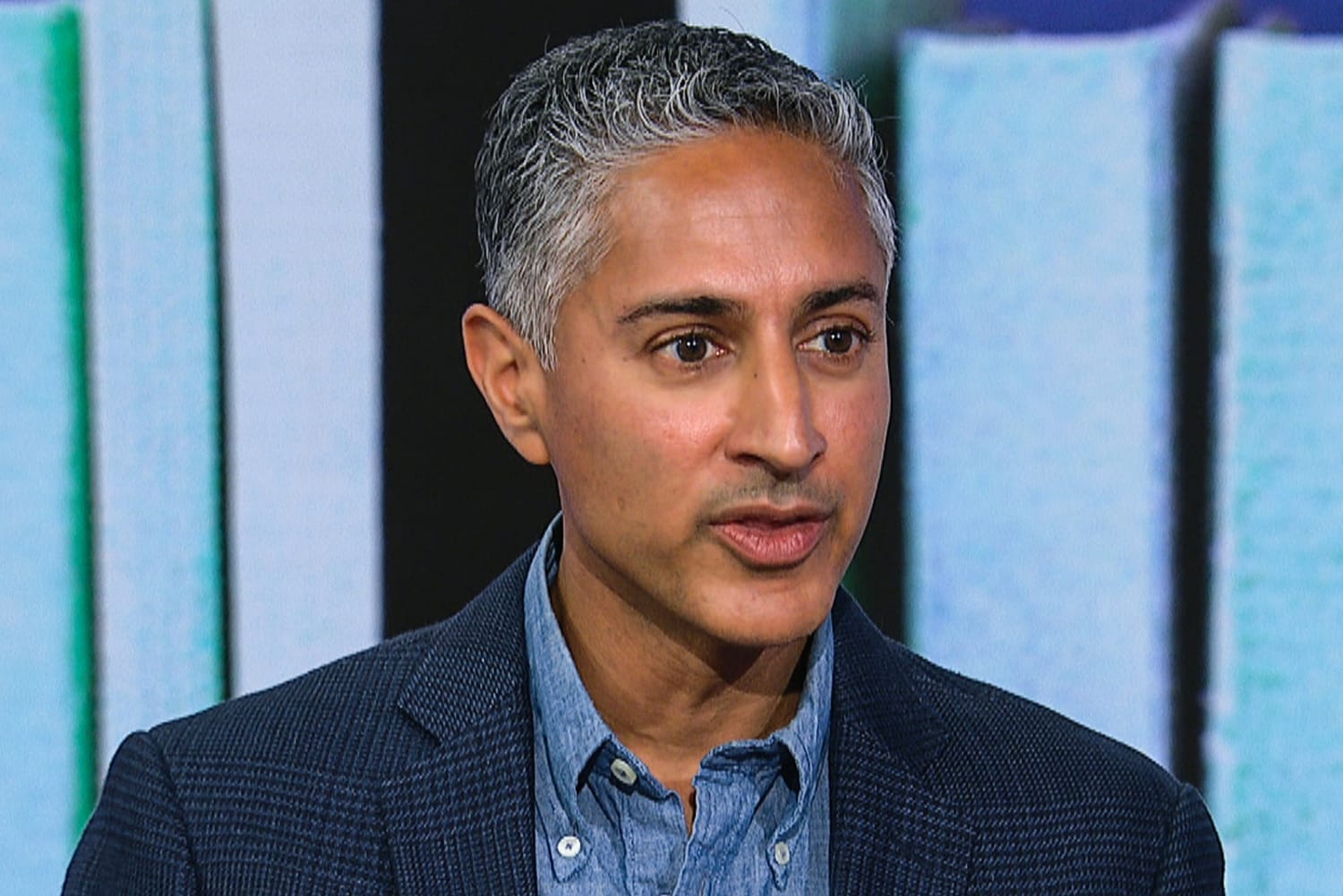







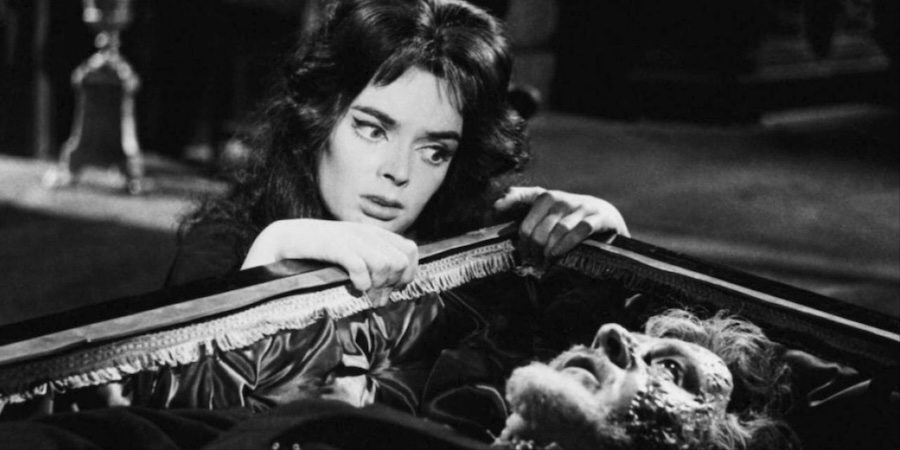



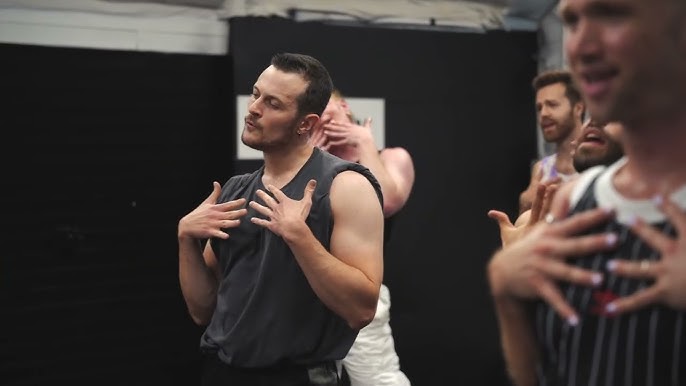
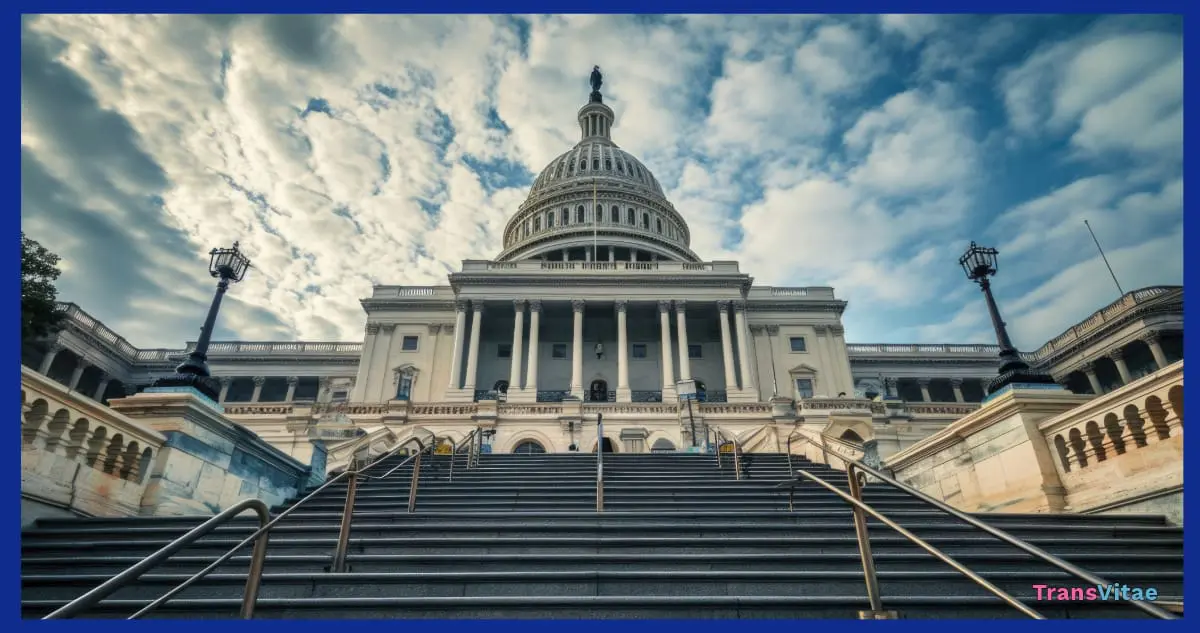
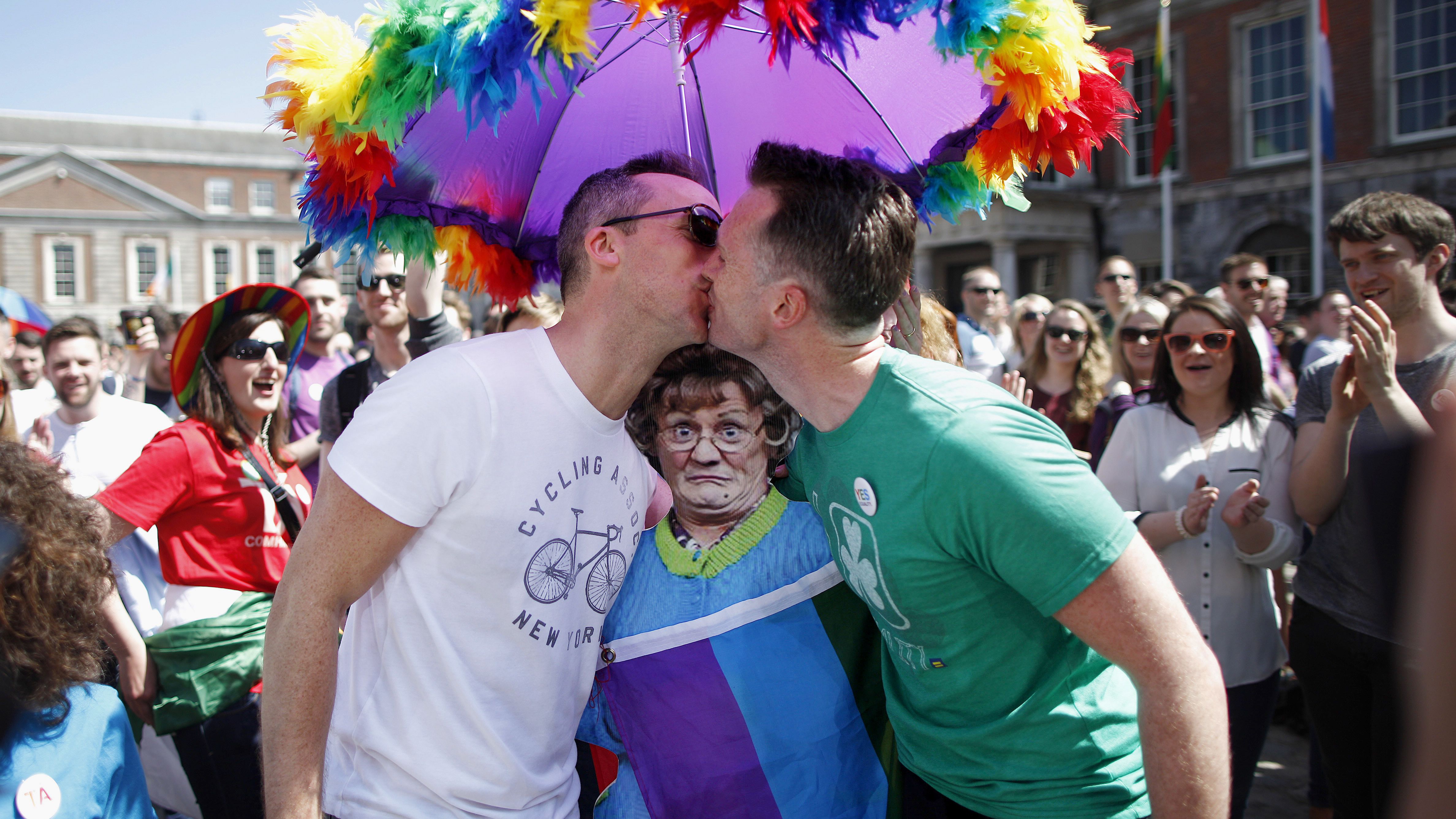
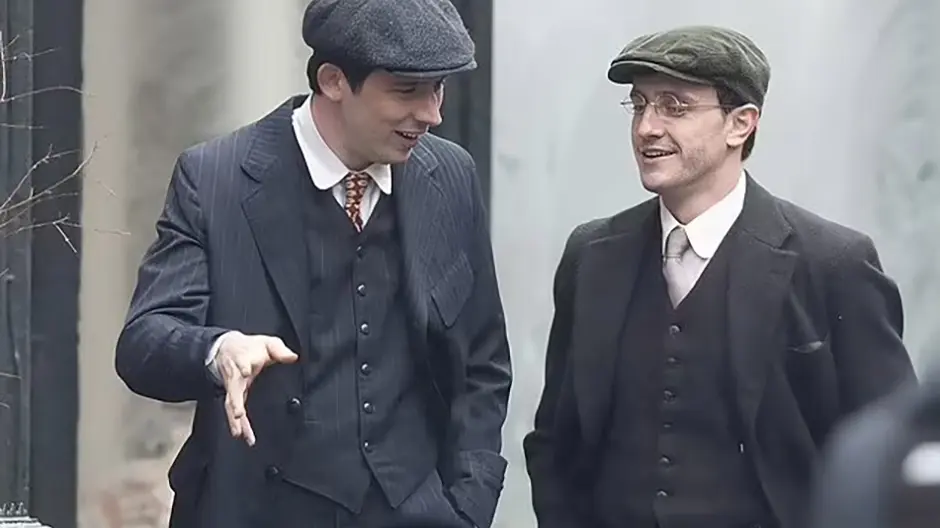
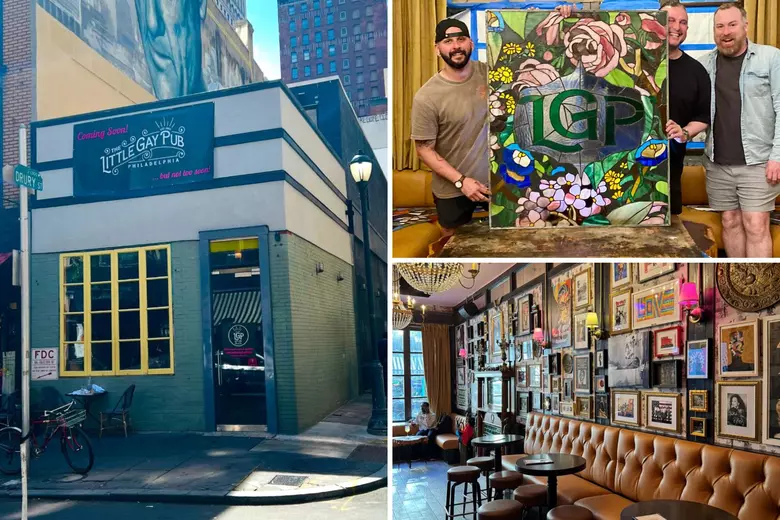

0 Comments